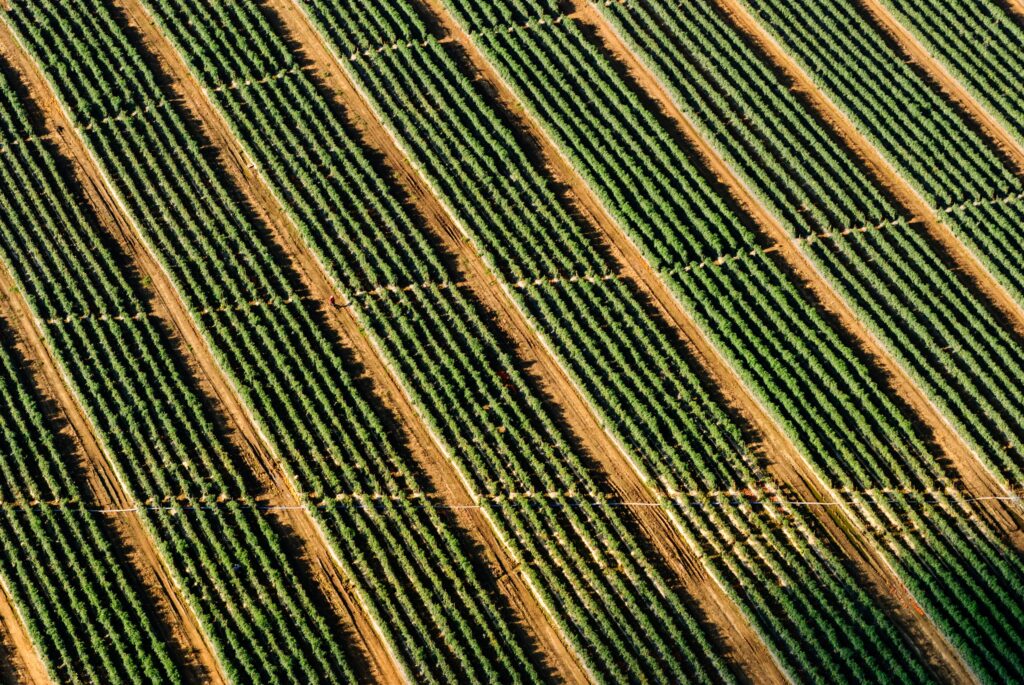
New research from scientists at the University of Aberdeen has found that expanding global land area for conservation, a key approach to protecting biodiversity, could have an adverse impact on human health and food security in some parts of the world.
Published in Nature Sustainability, the study modelled the potential effects of ‘extreme’ conservation that excluded human activities and strictly protected 30% and 50% of the terrestrial land surface for biodiversity. The research, a collaboration between the University of Aberdeen, the University of Edinburgh, the International Institute for Applied Systems Analysis in Austria and Karlsruhe Institute of Technology in Germany found that when agriculture was displaced, global and regional food prices could increase, which in turn could affect food security and increase diseases associated with malnourishment.
The full article can be read here.
Related Content
Full article available here: https://www.abdn.ac.uk/sbs/news/15748/
Photo by Matt Benson on Unsplash
Notes for Editors
| Reference | https://www.abdn.ac.uk/sbs/news/15748/ |
| Published | Friday February 4th, 2022 |





















































